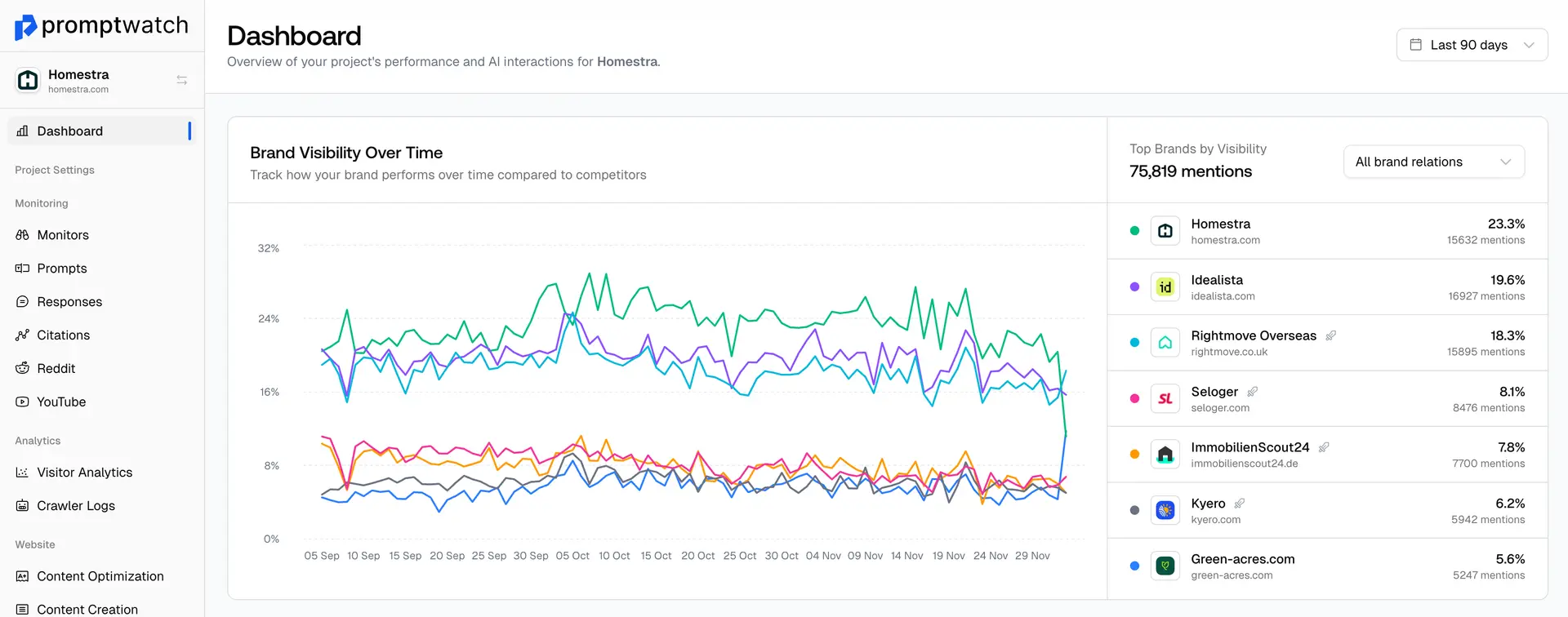Definition
Search Query Optimization is the strategic process of optimizing content to match the specific ways users phrase their search queries across different platforms, devices, and contexts. This approach goes beyond traditional keyword optimization to understand and target the natural language patterns, question formats, and conversational queries that users actually employ when searching for information.
Modern search query optimization considers the evolution of search behavior, including the rise of voice search, conversational AI interfaces, and natural language queries. Users increasingly search using complete questions, conversational phrases, and context-rich queries rather than simple keyword combinations.
The optimization process involves analyzing actual search query data from various sources, understanding user intent behind different query types, identifying patterns in how target audiences phrase questions, optimizing content for question-based and conversational queries, and adapting content for different search contexts (voice, mobile, desktop, AI platforms).
For AI-powered search and GEO, query optimization is particularly important because AI systems excel at understanding and responding to natural language queries. Content optimized for the actual questions and phrases people use when interacting with AI systems is more likely to be cited and referenced.
Effective query optimization requires understanding the relationship between search intent, query phrasing, and content format. Different query types require different content approaches—informational queries need comprehensive explanations, transactional queries need clear action paths, and navigational queries need obvious destination clarity.
Examples of Search Query Optimization
- Optimizing content for 'how do I choose the right CRM for my small business' instead of just 'CRM software'
- Creating content that answers 'what's the difference between SEO and PPC' rather than targeting separate 'SEO' and 'PPC' keywords
- Developing FAQ content that matches specific questions users ask voice assistants and AI systems
- Structuring product pages to answer 'which [product] is best for [specific use case]' queries
